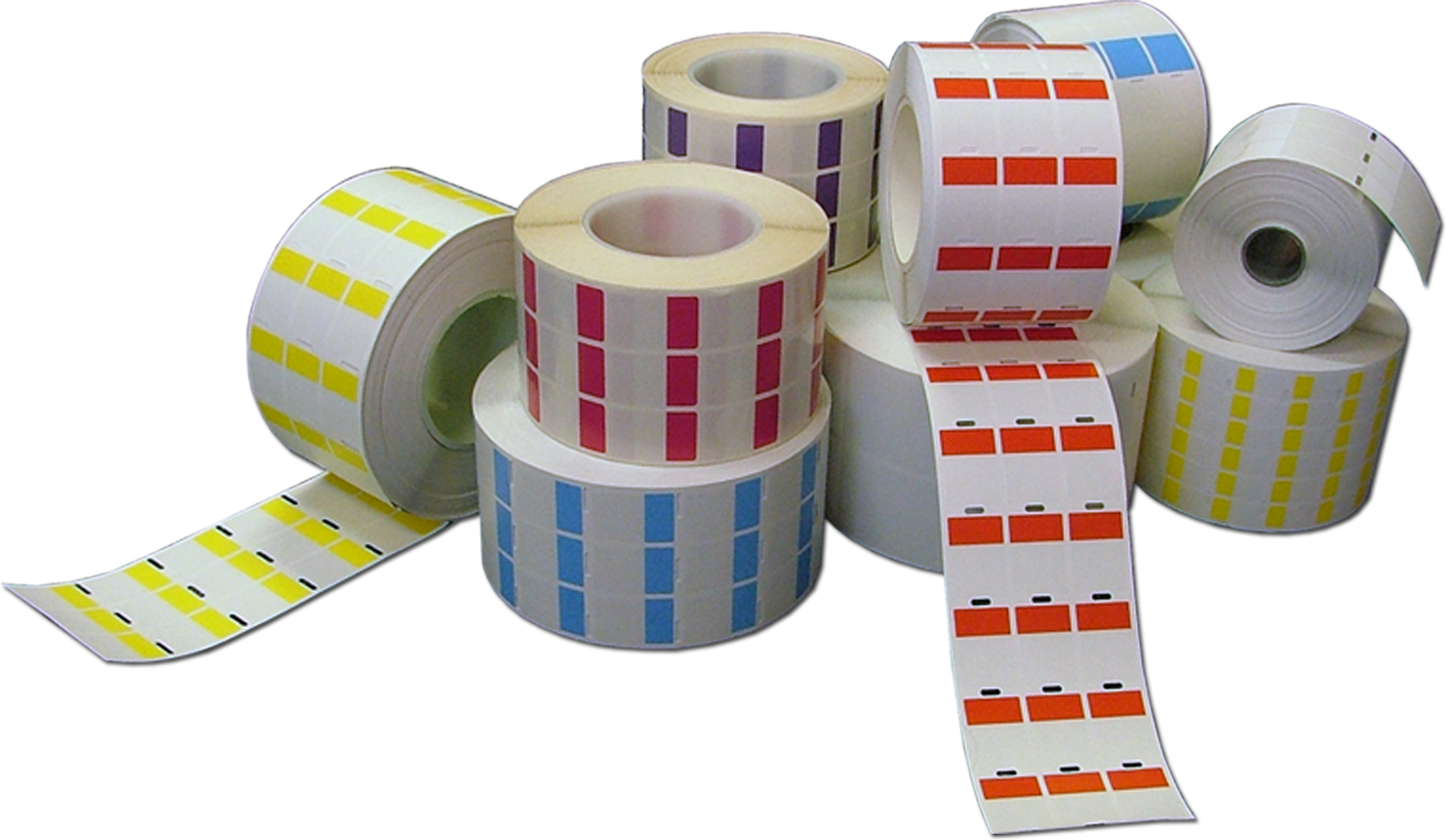By Lindsay Maddox Pratt
I am not a lesbian. I repeat: I am not a lesbian. This fact, however, is apparently difficult to understand. People are continually referring to me as a lesbian however often I tell them that is not how I identify. I understand that I look like a typical San Francisco lesbian—if there is such a thing as a typical San Francisco anything—with short hair, hipsterish men’s clothes, tattoos and piercings. So for people who are accustomed to having their perceptions of things be a reliable way to categorize, I can see why I might cause confusion. Personally, I do not believe in making assumptions about people’s identities based on what we perceive. And indeed, I enjoy pushing people to question this habit that we all unfortunately have. I am not a fan of clear-cut categories or boxes, and I do my best to live outside of them. I’m the type that checks “other” and fills in the “please clarify” space on nearly every form that I encounter. Yes, statisticians—I am your worst nightmare. But most people will come to conclusions about my identity before I have a chance to even say “hello,” let alone share with them the nuances of my unique sexual identity. Besides, the majority of people like labels; they give a feeling of familiarity. We have a sense that we know what a lesbian is, or what a gay man is, or even what a man or woman is and therefore if we know that, we then know something about the person. So here I am, someone who can’t stand labels in a world that likes to label, trying to find a way to explain who and what I am without giving a lecture every time someone asks. So what label would work for label-resistant me?
As I said before, I am not a lesbian. It’s true that I date women (mostly) and am female-bodied, but in order for me to be a lesbian I would also have to identify as female, which I do not. So yeah, a big X crossing out that choice. But since I don’t really identify as male, “straight” doesn’t describe me either. What about when I am dating a boy, am I then a gay boi? Since I don’t believe that there are only two genders, and have been in relationships with more than two, the label “bisexual” doesn’t fit either. And “omnisexual” sounds a bit too scientific for my taste. So this leaves me with the choice that I so often choose: queer.
I love this word: queer. I use it all the time, and, after its long history of being used as a slur, I am more than happy to give it a loving home in my lexicon. Queer. Say it again: queer. It just sounds so sexy to me. It is a label that I can embrace fully, with no qualms. While most people confuse it with being synonymous with gay/ lesbian, a common definition is simply “not straight.” Which is exactly what I am—not straight. Some people take it even further and say that it means “not hetero,” implying not belonging to the hetero-normative. It is the label for those who dislike labels. Queer.
Yet, as with every label, it is imperfect. The problem with “queer” is that I still end up having to explain myself. I will tell people, “I’m queer,” and then they invariably end up referring to me as a lesbian. And we are back at square one, with me exclaiming: “No, I’m not a lesbian; I’m queer.” They get glazed looks on their faces, and depending on my energy level and the aptitude of the individuals in question, I explain my identity and what queer means to me.
What queer means to me. Perhaps this is the key. Maybe labels are as fluid and changing as the identities that they attempt to classify; only we fail to see this because we neglect to ask. What if instead of accepting our own understanding of the meaning of a word, we inquired into another person’s experience of it? How much would we learn about each other? About ourselves? What if the feeling of familiarity that labels lend is just an illusion? Maybe it is not even about asking, but about actually listening and being flexible when we discover that our definition of something may not be universal. And maybe if we realized this, I would stop having to repeat myself so often and could move on to sharing other aspects of my fabulous, unique self. So what does your identity mean to you?
Lindsay Maddox Pratt lives in San Francisco and studies Psychology and Queer Studies at City College of San Francisco. Ze has many interests, including acting and poetry.

